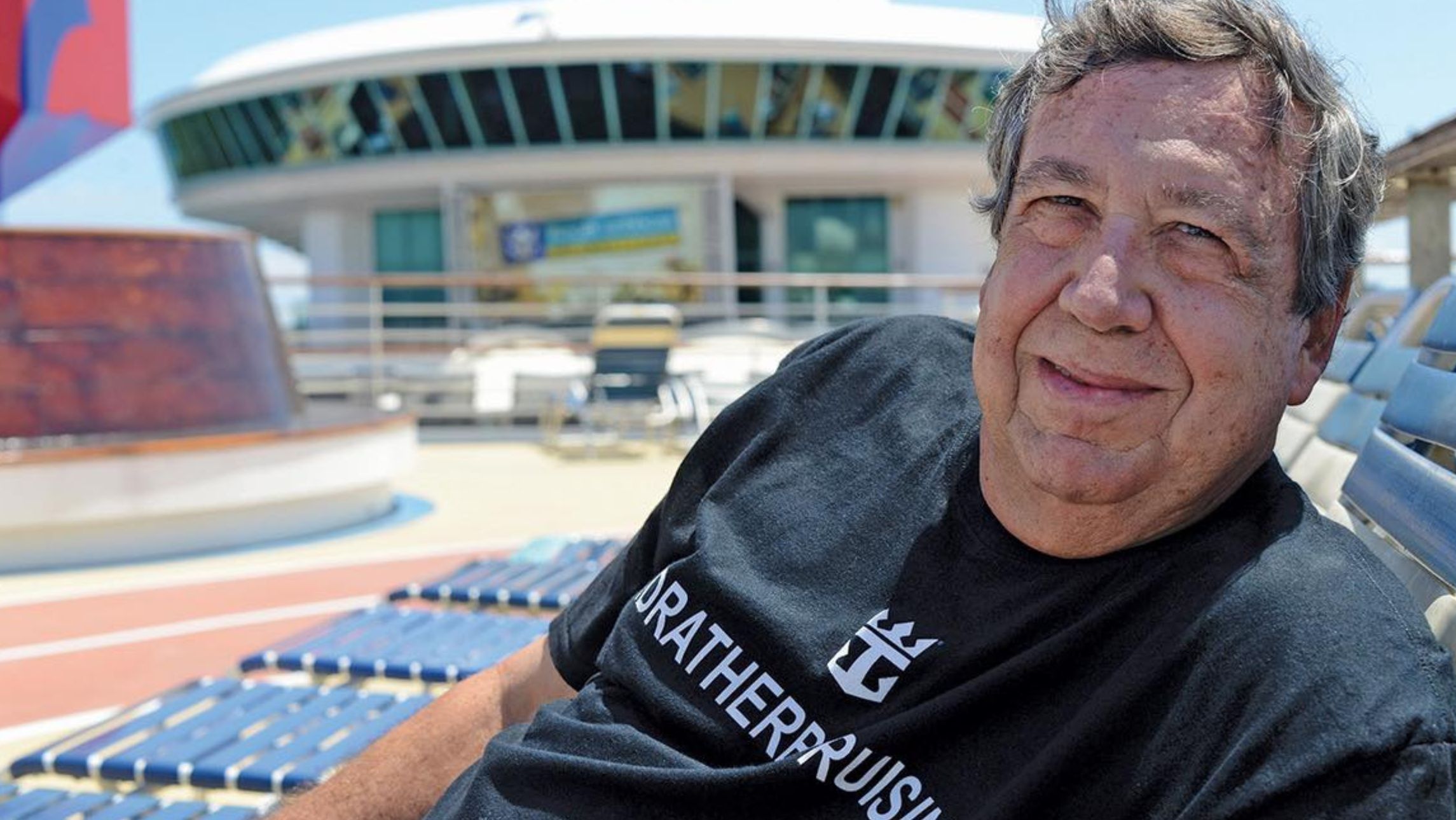At the start of the pandemic two years ago next month, cruise lines had to think quickly about how to handle the passengers affected by hundreds of cancelled cruises. The answer: future cruise credits.
Hundreds of millions of dollars worth of future credits were offered for when sailings returned – sometimes with an extra incentive of up to 25 per cent extra value if customers would just hang in there and leave the booking with the line.
Fast forward two years, and many remained unclaimed. According to reports out of America by the Internova Travel Group, only 60 per cent have been used for their original purpose of cruising. As many as 40 per cent – which would be worth millions of dollars – are either still on the books or have expired.
No one is sure what the picture is in Australia. A Cruise Passenger poll conducted mid-year last year showed 43 per cent of readers still held future cruise credits and just 22 per cent had redeemed one in the past 12 months.
Cruise lines have been patient. While Carnival Australia said at the close of last year they would expire those FCCs issued during Covid on December 31, other lines like Royal Caribbean extended them to accommodate their passengers as much as they could.
FCCs are an impost on balance sheets and can have a detrimental effect on the line’s ability to raise loans – a vital lifeline during Covid which kept almost all of them going.
In America, questions are now being raised about where the money from FCCs is, and what consumers’ rights are about getting it back.
USA lawmakers identified an issue in cruise lines being able to cancel sailings and insist on cruisers taking future cruise credits, with cruise lines holding onto millions of dollars worth of customer money. Following this, the Federal Maritime Commission established new requirements stating if a cruise is cancelled or delayed more than three days, a refund of your entire fare, and any paid-for extras, must be offered. However, Mr Glezer says Australia does not have the same rules in place to protect cruise customers.
Large percentages of unredeemed credit also raise questions about the validity of the practice of handing out FCCs for cancelled, delayed, or altered cruises.
USA consumer advocate specialist Christoper Elliott writes: “Cruise lines loved issuing credits for sailings cancelled during the pandemic, which allowed them to keep your money – and may have saved them from bankruptcy. But sometimes the credits only last a year or two, and the cost of a new cruise is often considerably more than the original one, making it unaffordable for some passengers.”
Adam Glezer of Consumer Champion, an advocate for travel consumers who suffered financial losses due to the pandemic, maintained that while other countries are putting laws in place to prevent this from happening in the future, Australia is lagging behind.
Australian cruise lines remain tight-lipped about the percentages of their FCC redemption, with major cruise lines such as Royal Caribbean, Carnival and NCL not divulging any information. Other cruise lines such as Princess Cruises and Holland America also declined to comment.
A spokesperson for Ponant said, “We would assume most of our FCCS have been converted.”
Celebrity Cruises highlighted another interesting point with FCC, in that many cruise lines have different policies on their expiry. For example, Ponant FCC’s expires two years after the issue, meaning most issued to the pandemic would now be expired.
Celebrity Cruises’ future cruise credits do not expire, however, Celebrity provided a 25% bonus to FCC value and this incremental bonus does expire. Depending on the issue of your FCC, the incremental bonus will have already expired or will expire on the original expiry date of your FCC.
What to know about FCCs?
How do you access your future cruise credit?
Your future cruise credit will generally be within your loyalty or rewards profile with your cruise line, for example Royal Caribbean’s Crown & Anchor Society. If you aren’t a part of any of these groups, then your FCC will have been emailed to you directly.
If you booked through a travel agent and your FCC has not been sent directly to you, then it has likely been sent to your travel agent who can give you access.
Do you need to use your FCC all at once?
Different cruise lines have different policies on how your FCC can be used. Some cruise lines such as NCL allow you to spread your credits over multiple sailings, whereas others such as Carnival require that you use your credit towards one sailing only.
Some cruise lines may also not allow you to use your FCC towards a deposit on a new cruise and only to pay the balance on your cruise.
Be sure to read the terms of your FCCs carefully.
Can your FCC be refunded for cash?
While some customers may get lucky with their cruise line, such as Ms James’s story above, generally FCCs cannot be refunded into cash and once the FCC is issued it can only exist in that form. Applying for a refund in general after a cancelled or missed cruise also generally has a strict deadline so make sure to get right on it.
Can FCCs be used for extras onboard and shore excursions?
The use of FCCs on extras and shore excursions is another case of different policies line-by-line. However, most cruise lines won’t allow you to spend FCC’s on costs like entertainment, drinks packages or shore excursions. However, what is common is that if your FCC has a value greater than your new cruise fare, the remainder will often be given to you in a voucher for onboard credit which can then be spent how you please.
Can FCCs be transferred?
Many cruise lines will actually allow you to transfer your FCCs, however, quite often there will be rules about how many times this can be done. For example, NCL and Royal Caribbean will allow a transfer of ownership, but only once.
This means if you are looking to transfer ownership, be certain that the new owner will be able to redeem the credit, otherwise it will most likely never be able to be spent.










We never used our FCC with Oceania, We did rebook with them for a cruise to Alaska. It’s departure was in June of ’22. We cancelled that cruise due to our concerns surrounding Covid. My wife has a lung condition and at that time there were still small percentages of cruisers getting sick. We contacted the Oceania agent we booked with and asked if we could transfer our credit to one of our children. His reply was it could only be used by us. I just read in the above article that NCL (parent company of Oceania) was allowing for transfers. Our ability to use our FCC expired in Dec’22. Do we have any recourse?
Unfairly taken for over $9K